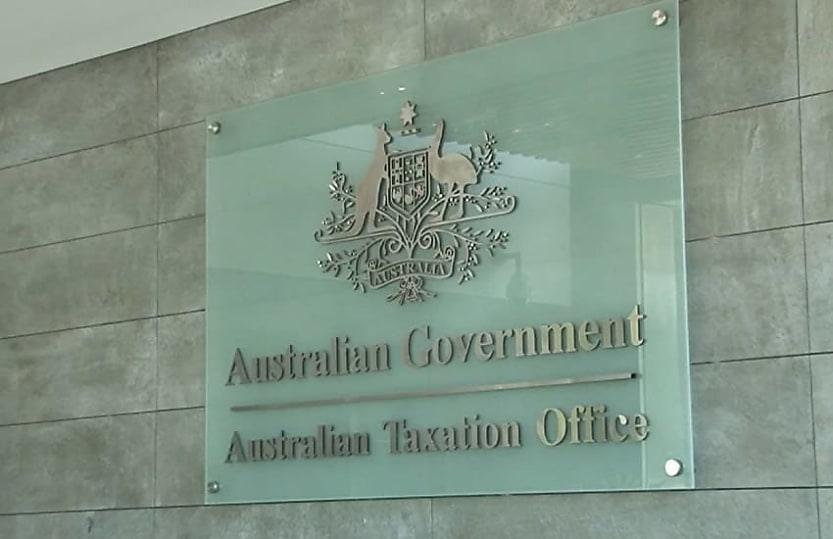Partner profits to face ATO crackdown, warns William Buck

Tougher Tax Office guidelines on income splitting apply to all arrangements starting this month, marking the end of a three-year transition period.
Accountants and other professionals using income splitting arrangements to minimise taxes will face increased Tax Office scrutiny after lenient transitional arrangements ended last month, William Buck warns.
The firm reminded all firms to review arrangements with non-equity partners, principals and directors since the three-year transition period to practical compliance guidance (PCG) 2021/4 ended on 30 June.
“From 1 July 2024, all allocation of professional firm profits are subject to the guidance in the PCG regardless of when the arrangements commenced,” it said.
William Buck said the PCG suggested the ATO would clamp down on aggressive and “exotic” profit allocation structures that reduced taxpayers’ remuneration below market rate or lacked a genuine commercial rationale.
“The PCG can apply to all individual professional practitioners (IPPs) in professional firms, the majority of whom are likely complying with their tax obligations.”
“As such, even compliant IPPs and the firms that they work in will have a tax risk management issue to contend with. They will need to reconsider their tax arrangements to ensure they fall within the ATO guidelines, or otherwise face the likelihood of an ATO review or audit.”
The tax structures came under scrutiny during parliamentary hearings into the big four last year, which heard that they were used by up to one-third of PwC’s partners.
According to the ATO, of the total $2.7 billion in taxable income to equity holders at the big four firms in 2022, “$1 billion of taxable income distributed from their associated service trusts or similar entities”.
Another $200 million in income “was reported as distributed to family trusts” using Everett assignments.
William Buck said the end of PCG 2021/4’s transitional period would see the ATO assess arrangements based on "gateway factors" assessing “sound commercial rational” and a risk calculation.
The guidance applied to professionals including engineers, architects, medical practitioners, consultants, accountants and lawyers who hold equity in their practices either personally or through related parties such as family trusts.
“The calculation looks at a combination of factors relating to the proportion of profit entitlement the IPP receives, the overall tax rate paid on profits and market value remuneration for the IPP,” it said, with risk profiles ranging from green (low risk) to red (high risk).
Arrangements falling into the "high risk" category would be more likely to trigger an ATO review or audit, taking into account the proportion of profit entitlement received by the IPP, the overall tax rate paid on profits, and market value remuneration for the IPP.
Everett assignments by non-equity partners or having a different class of shares or units with discretionary income entitlements held by non-equity holders would “automatically” be flagged as high risk.
Equity partners who used shares or units with discretionary income entitlements were also “problematic”.
“The ATO’s core concern is that IPPs work in professional firms but do not show taxable income commensurate with the value of the services that they provide individually. Instead, profit distributions are being made to an associated entity and a tax benefit is being obtained,” William Buck said.
The firm suggested that professionals may need to choose between adopting a low-risk strategy – potentially paying more tax than otherwise necessary – or following current law while risking increased compliance costs from potential ATO reviews.
Professionals unable to achieve a "low risk" rating to focus on ensuring their personal remuneration was commercially justifiable and comparable to senior employees in their organisation or industry.
About the author

